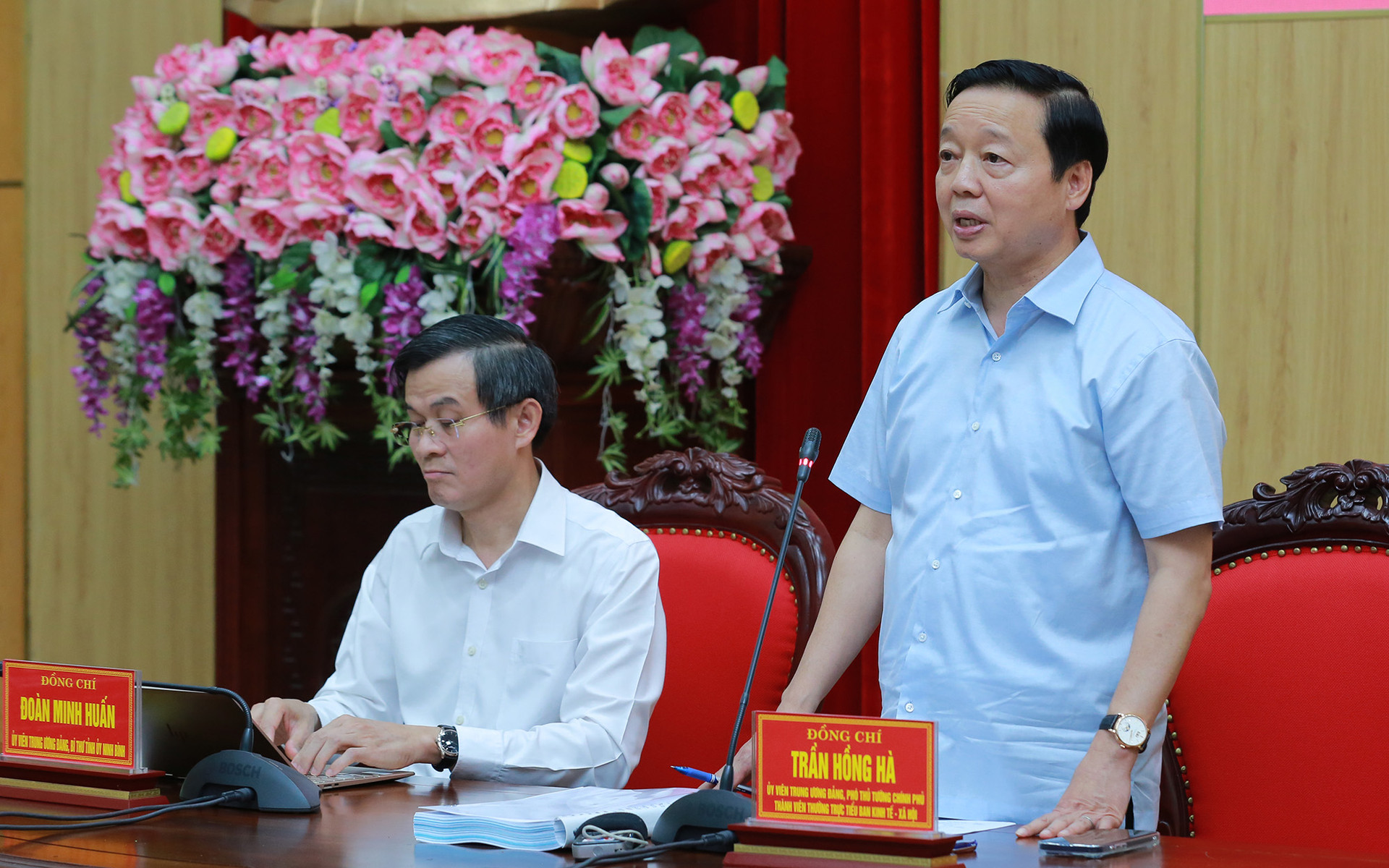
Providing additional information on some contents of the Conference on disseminating and implementing some laws and resolutions of the 15th National Assembly , on the morning of July 30, under the chairmanship of the Prime Minister, Deputy Prime Minister Tran Hong Ha said that the thinking of law-making is having to change to keep up with the situation at home and abroad, because "if we do not remove the "tight shirt", it will be very difficult to act quickly and effectively".
The Deputy Prime Minister requested leaders of provinces and cities in the Red River Delta region to share, contribute opinions, thoughts, and concerns from local management practices and lessons learned in the implementation of the Resolution of the 13th National Party Congress, the Resolution of the Provincial Party Congress, and socio-economic development strategies and plans. From there, propose breakthrough directions, new driving forces, and major policies for the country to continue its upward momentum, take advantage of advantages, and overcome challenges in mechanisms, legal policies, and administrative procedures.
Local leaders focused on discussing and assessing the implementation of the Resolution of the 13th National Party Congress, the 10-year socio-economic development strategy for 2021-2030, and resolutions of the Party Congresses of the provinces in the Red River Delta; bottlenecks and shortcomings arising in the implementation process; creative models and approaches; and recommendations for the 5-year socio-economic development plan for 2026-2030.
Hai Phong Party Secretary Le Tien Chau shared that it is necessary to shift from attracting FDI capital to FDI cooperation to optimally exploit the efficiency of FDI capital flows, create links between FDI enterprises and domestic enterprises, select technology, focus on human resources to serve new industries such as semiconductor chips, artificial intelligence, etc.
Mr. Le Tien Chau made some recommendations: Take a breakthrough in thinking to make a breakthrough in institutions, boldly experiment with new models; at the same time, summarize and evaluate the effectiveness of piloting specific policy mechanisms in some localities to replicate what has proven effective to save time and maximize resources; urgently review and evaluate the overall implementation of decentralization of authority in management and operation activities, ensuring balance, harmony, strict management, saving time and opportunity costs for businesses and people; propose to include in the Resolution of the 14th National Party Congress a list of some key, urgent tasks that must be completed for quantification.
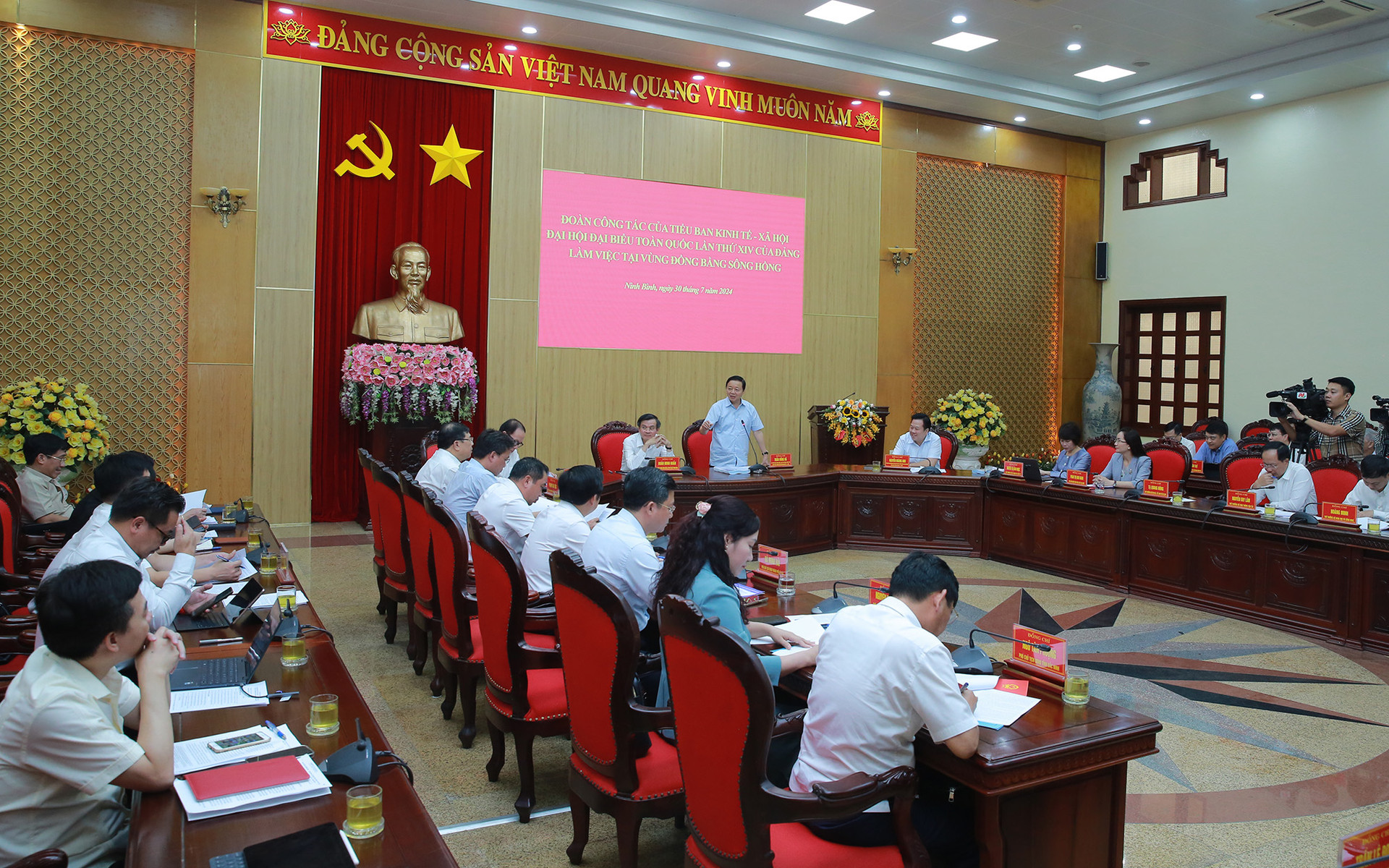
Leaders of some localities speak at the meeting - Photo: VGP/Minh Khoi
Leaders of Nam Dinh, Hung Yen, Ha Nam, and Vinh Phuc provinces commented that economic linkages in the Red River Delta region are not yet tight, lacking in division of labor based on local advantages, and only limited to the exchange of information and experience. Therefore, in the coming time, the Red River Delta region needs to restructure economic sectors in the direction of respecting provincial and regional planning; focusing on attracting FDI in new industries; developing intra-regional and inter-regional transport infrastructure by road, rail, and sea; prioritizing training of high-quality human resources... with a unified leadership mechanism in the region.
In reality, complicated and lengthy investment procedures are wasting resources and investment opportunities for businesses, Hai Duong Provincial Party Secretary Tran Duc Thang proposed further promoting the simplification of administrative procedures in the direction of increasing decentralization to localities, "clear work, clear people, clear responsibilities". In addition, some opinions said that localities must also proactively cut and simplify administrative procedures under their authority.
From the results and experience in the process of transforming the growth model from brown to green, Chairman of Ninh Binh Provincial People's Committee Pham Quang Ngoc proposed to have regulations, criteria, and specific development policies for localities and urban areas with many heritages, on the basis of investing in preserving and promoting the values of heritage, natural landscapes, and culture.
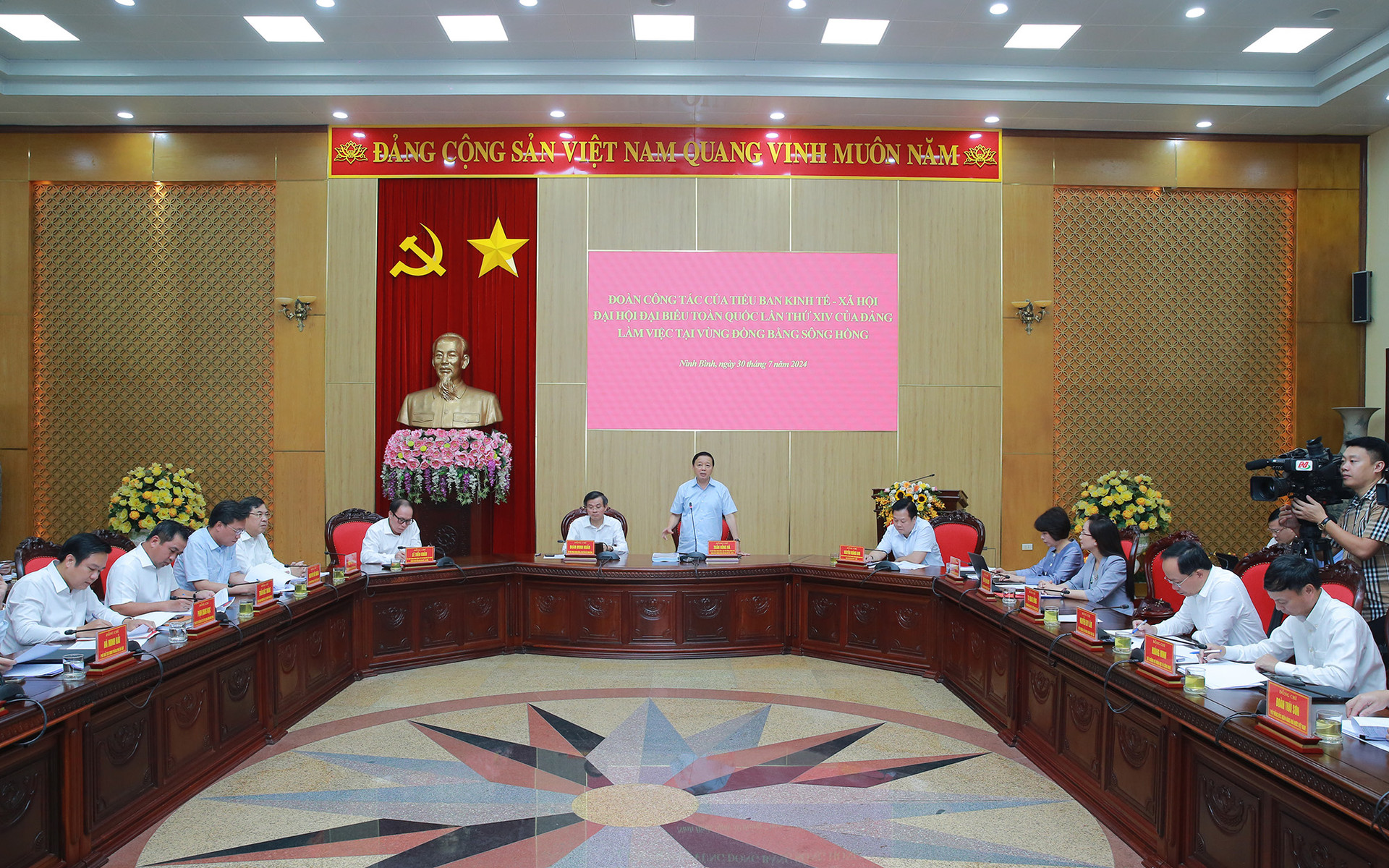
Concluding the meeting, Deputy Prime Minister Tran Hong Ha emphasized that the Red River Delta, along with the Southeast region, has always been a bright spot in the country's socio-economic development over the past years, where new mechanisms and policies have been piloted to remove difficulties, inadequacies, shortcomings and limitations that many localities across the country are facing.
The Deputy Prime Minister assessed that, in addition to the achieved results, the Red River Delta region is still limited in terms of economic structure, stability, autonomy, especially the ability to promote development momentum from FDI enterprises to access and innovate technology, improve human resource quality, create business ecosystems, etc. This reality requires revolutionary changes to change the model, growth quality, and sustainable development for domestic enterprises to participate and affirm their position in the regional and global value chain.
In addition to issuing a system of planning and laws covering all areas, the Deputy Prime Minister said it is necessary to continue reviewing and building synchronous and unified policy institutions, promptly updating rapidly changing practical issues, creating space for innovative and creative thinking. This is the central role of the State in creation.
The Deputy Prime Minister emphasized that the development of basic industries, basic research, high-quality human resources, etc. is an important foundation for new economic sectors (green energy, low carbon, high-tech industry, etc.), aiming to build an open, integrated economy, ensuring autonomy and the ability to respond to external fluctuations.
Ministries, sectors and localities coordinate to propose a list of projects, priority targets, motivations and breakthroughs to enhance the value of each locality, each region and Vietnam to the world. At the same time, select to pilot a number of new issues and new policies such as building a free trade zone to compete with the world.
The Deputy Prime Minister noted that the agricultural sector, farmers, and rural areas must be considered in terms of economic efficiency (cultivation, processing, preservation, market access), developing in a multi-value direction, ensuring food security, and being an important pillar of the economy; continuing to clarify emerging issues, forming trends in green economy, knowledge economy, culture-based economy, nature conservation, etc.
Source: https://baotainguyenmoitruong.vn/de-xuat-cac-huong-dot-pha-dong-luc-moi-chu-truong-lon-de-dat-nuoc-tiep-tuc-da-di-len-377537.html






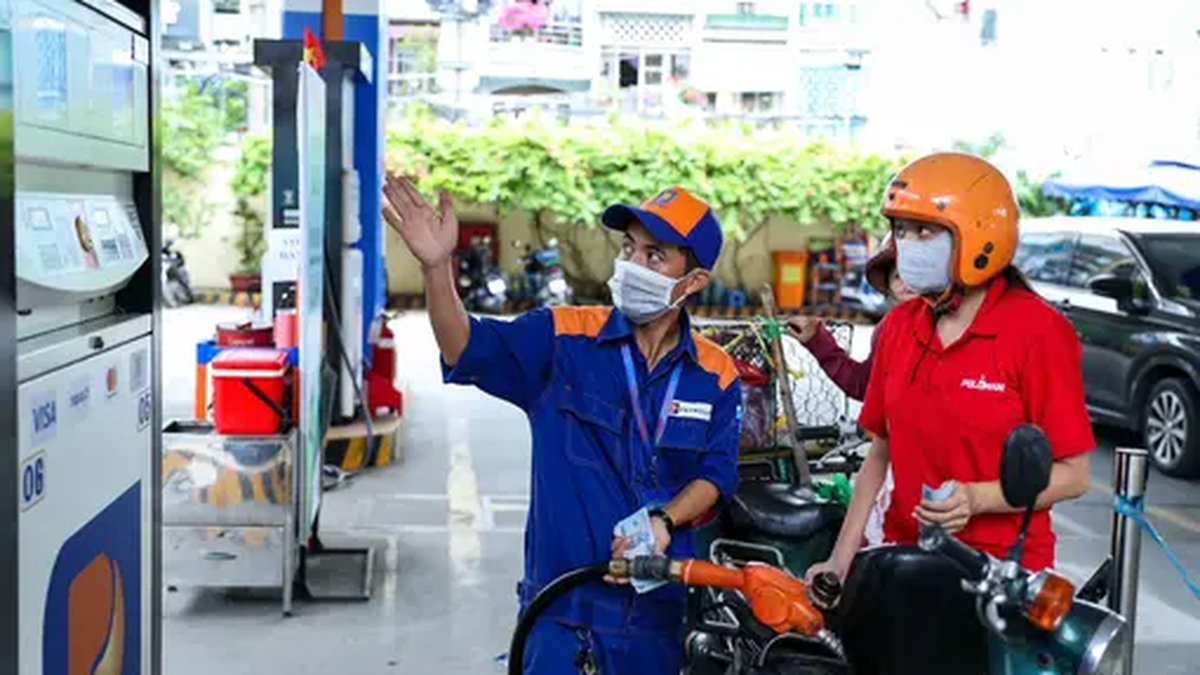




















![[Photo] National Assembly Chairman attends the seminar "Building and operating an international financial center and recommendations for Vietnam"](https://vphoto.vietnam.vn/thumb/1200x675/vietnam/resource/IMAGE/2025/7/28/76393436936e457db31ec84433289f72)































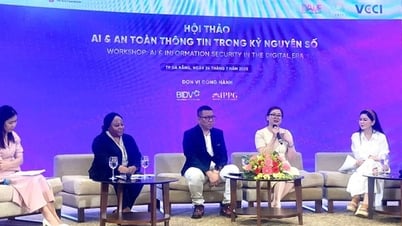

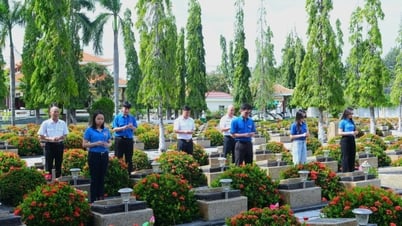
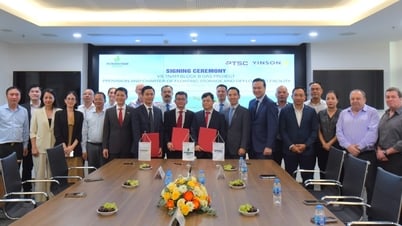
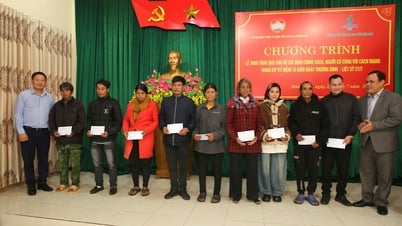


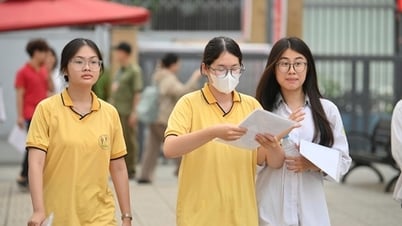

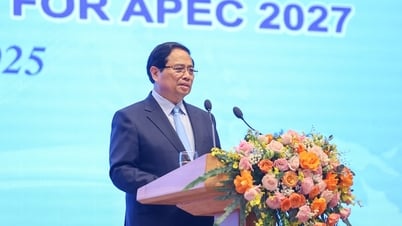
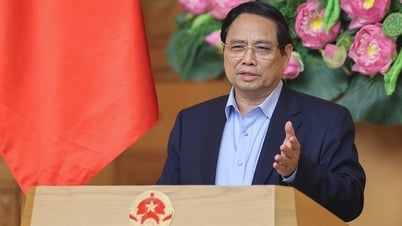


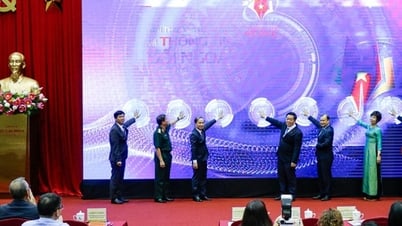

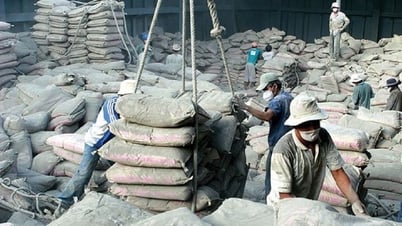

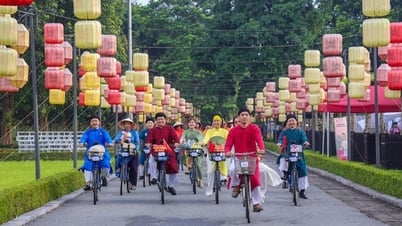























Comment (0)